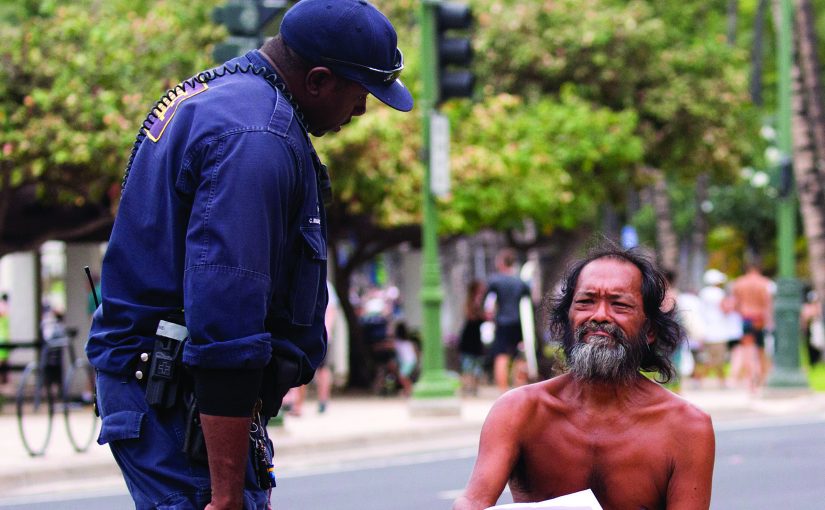
Empathy for those served, for one another, and for oneself can enhance the quality of life for those in law enforcement. Further, empathy is enhanced through understanding why many people behave as they do, which is a central tenet of being trauma informed. In 2019, the IACP adopted a resolution encouraging all law enforcement agencies to become well informed about the correlation between adverse childhood experiences (ACEs) and numerous negative outcomes, which is the central focus of trauma-informed care training, but, so far, this information has not been systematically disseminated in law enforcement settings. Thus, efforts should be undertaken to inform law enforcement of both the importance of ACEs and the potential impact of law enforcement becoming what is known as “trauma informed,” with one central outcome being a significant gain in empathy for those trained in this philosophy.
By training their officers in trauma-informed policing, law enforcement agencies can increase empathetic approaches supported by ACEs science. Trauma is a term used to describe anything that causes extreme or prolonged stress. Secondary trauma is when individuals (including police officers) are affected by witnessing traumatic events experienced by others. Understanding trauma can support law enforcement’s efforts to develop age-appropriate responses for reducing trauma on scene, reduce race-based community trauma, and encourage prioritization of resources addressing secondary trauma experienced by officers. For some in law enforcement, transitioning from traditional law enforcement responses to using a trauma-responsive lens will be a significant shift, but infusing greater empathy in police settings will allow the profession to reap the benefits experienced in multiple other settings such as health care and education.


